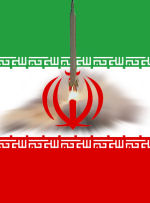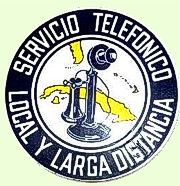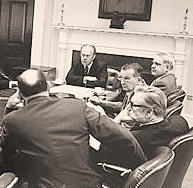 The lede in the Globe and Mail story says it all:
The lede in the Globe and Mail story says it all:
MILTON, ONT., TORONTO — In a case that police say is without precedent, an Iranian-Canadian has been charged with trying to export technology that could have helped Tehran get the nuclear bomb it so desperately seeks.
Yes, even the Mounties admit that it is rare from them to catch someone violating the export laws and even rarer for them to prosecute them.
A 35-year-old Canadian man in Toronto, Mahmoud Yadegari, was accused of attempting to ship 10 pressure transducers to Iran. These devices are claimed to be useful in the enrichment of uranium.
The Mounties were tipped off by Setra Systems, the Massachusetts-based manufacturer of the device, after Setra received Yadegari’s order. They told the Mounties that this was an unusual purchase from an unknown purchaser in Canada. (Of course, instead of shipping the goods and calling the cops, Setra arguably should have never shipped the goods under these circumstances.)
George Webb, a Canadian counter-proliferation official, explained to the Globe and Mail why export prosecutions are so rare in Canada, and the explanation is definitely not pretty:
[Webb said] that 25 similar seizures were made in Canada last year – but these cases were never made public, as no one was ever arrested.
Canada has recently intercepted “isolation chambers, isotope splitters – everything from soup to nuts,” said Mr. Webb …. But no one could peer past the webs of domestic front companies and foreign intrigues to find the perpetrators.
[Webb said] the new case is unique, as it is the first time his officials have managed to hand over such an investigation to the Mounties for prosecution. And the perpetrators behind last year’s 25 seized shipments, the ones that didn’t result in publicity or arrests? “We don’t even know who they are,” Mr. Webb said.
This only makes sense if Canadian shippers take international packages from unknown shippers who pay cash, something that seems, well, unlikely. Otherwise, you’d think that a Mounty or two could get off their ponies long enough to figure out who in fact was shipping nuclear technology out of Canada rather than just wringing their hands about domestic front-companies and foreign intrigues.

 Posted by
Posted by  Category:
Category: 

 According to
According to  There has been a fair amount of publicity regarding the Obama administration’s
There has been a fair amount of publicity regarding the Obama administration’s  An
An 


